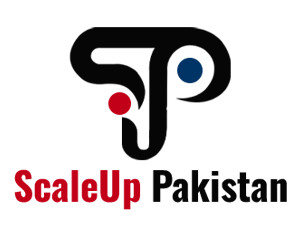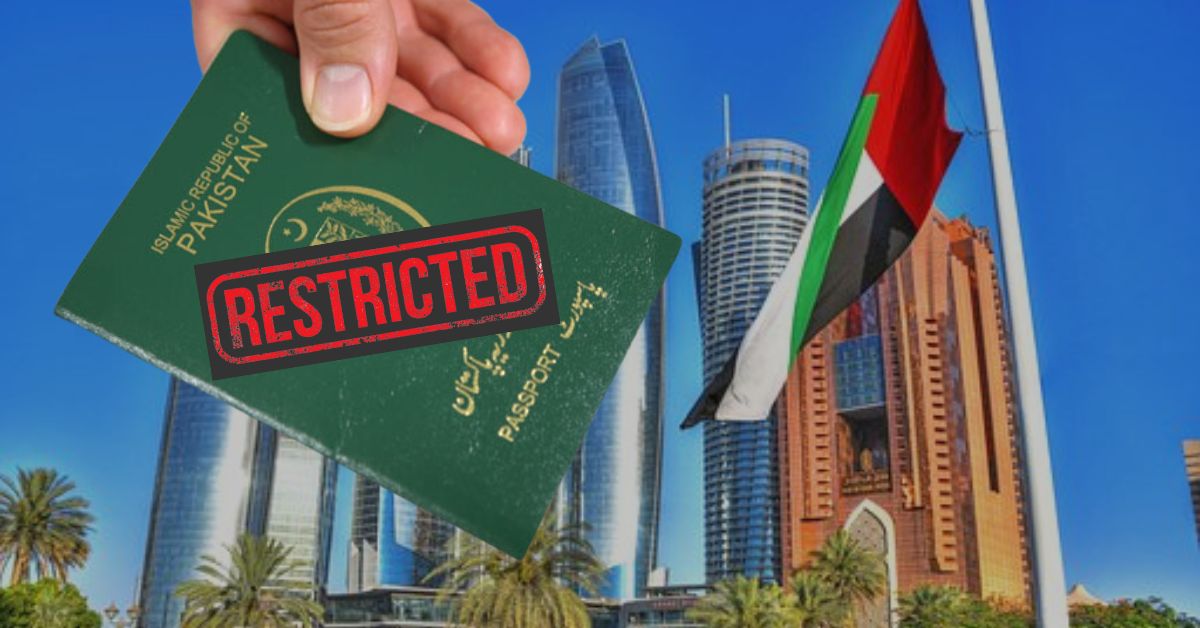Introduction
In a landmark move for Pakistanis abroad, the United Arab Emirates (UAE) has eased visa restrictions, benefiting over 400,000 Pakistani nationals in the past six months. This follows high-level talks between Prime Minister Shehbaz Sharif and UAE authorities, with further relaxations expected soon. Alongside visa reforms, officials addressed mobile phone taxation issues and celebrated a milestone of 10 million private-sector employees registered with Pakistan’s Employees’ Old-Age Benefits Institution (EOBI). This multi-pronged progress marks a significant win for overseas Pakistanis and the economy.
Key Developments
1. UAE Visa Relaxations: What’s Changed?
- Extended Visit Visas: Pakistani travelers can now secure 5-year, multi-entry visas, up from 1-2 years.
- Work Permit Flexibility: Reduced documentation for skilled workers in sectors like healthcare, IT, and construction.
- Family Reunification: Simplified processes for families of UAE-based Pakistani expats to obtain residency.
- Diplomatic Backing: PM Sharif’s recent UAE visit accelerated reforms, with both nations agreeing to deepen labor cooperation.
2. Mobile Phone Taxation: Clarity at Last
- Tax Relief: The Federal Board of Revenue (FBR) clarified that overseas Pakistanis can bring 1 mobile phone tax-free annually, ending years of confusion.
- Implementation: Customs authorities issued directives to ports and airports to enforce the policy fairly.
3. EOBI Milestone: 10 Million Registered
- Social Security Net: The EOBI registration of 10 million private-sector employees ensures pension benefits, disability coverage, and survivor grants.
- Future Goals: Plans to expand coverage to gig workers and informal labor by 2026.

Impact on Overseas Pakistanis
- Remittance Boost: With smoother UAE visa processes, Pakistan’s remittance inflow (currently $3.1 billion annually from the UAE) is set to rise.
- Reduced Exploitation: Transparent visa rules curb illegal recruitment and wage theft, a chronic issue in Gulf labor markets.
- Digital Integration: The UAE and Pakistan are collaborating on a blockchain-based employment portal to verify contracts and prevent fraud.
Behind the Reforms: Diplomatic Push
- PM Sharif’s Role: During his May 2024 UAE visit, Sharif prioritized labor welfare, leading to the visa overhaul.
- UAE’s Interests: The UAE seeks to attract skilled labor for its D33 Economic Agenda, targeting global talent for sectors like AI and renewable energy.
Challenges Ahead
- Awareness Gaps: Many workers remain unaware of new visa policies, risking exploitation by unscrupulous agents.
- Implementation Hurdles: Ensuring tax-free phone policies are applied uniformly across all entry points.
- EOBI Enforcement: Expanding coverage to informal sectors requires stricter employer compliance.
Stakeholder Reactions
- Overseas Pakistanis:
- Ali Raza (Dubai-based engineer): “The 5-year visa lets me plan long-term without constant renewals. A game-changer!”
- Government Officials:
- Zulfikar Bukhari (Advisor on Overseas Pakistanis): “This is just the start. We’re negotiating similar deals with Saudi Arabia and Qatar.”
- Experts:
- Dr. Ayesha Khan (Labor Economist): “EOBI’s expansion is vital, but pensions must adjust for inflation to be meaningful.”
What’s Next?
- More Visa Ease: Talks ongoing for UAE residency permits for retired Pakistanis with property investments.
- Tech-Driven Reforms: Pakistan’s Overseas Employment Corporation (OEC) will launch an app for real-time grievance redressal.
- Global Benchmarking: Aiming to match India and Bangladesh’s streamlined Gulf employment frameworks.
Conclusion: A New Dawn for Overseas Pakistanis
The UAE’s visa relaxations, coupled with EOBI’s milestone and tax clarity, reflect a transformative phase for Pakistan’s diaspora. By aligning diplomatic outreach with grassroots welfare, Pakistan is not only securing remittances but also restoring dignity to its overseas workforce. For a nation grappling with economic headwinds, these steps are a testament to the power of strategic diplomacy and inclusive policy-making.
ScaleUpPakistan.com Insight
For Pakistan’s economy, overseas workers are lifelines. Strengthening their rights and ease of mobility can stabilize remittances, fuel consumption, and drive sectoral growth—lessons for other labor-exporting nations.
Stay updated with ScaleUpPakistan.com—your guide to policies shaping Pakistan’s global footprint.










